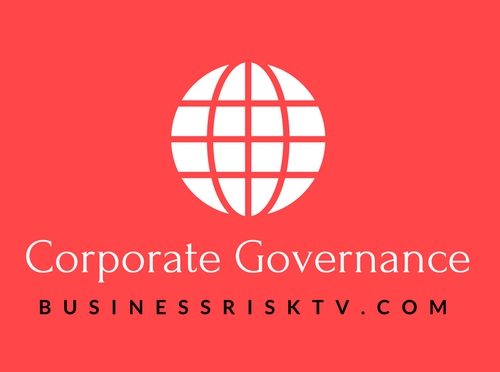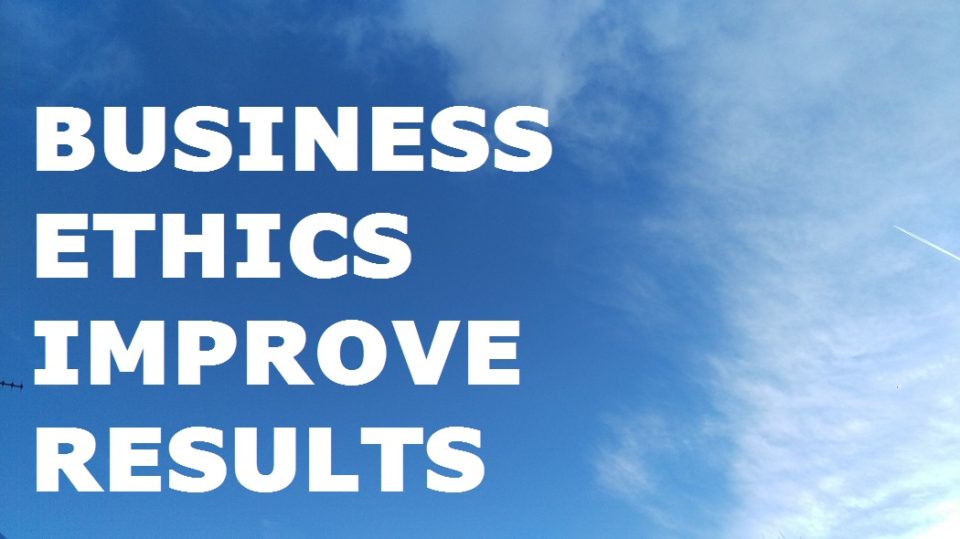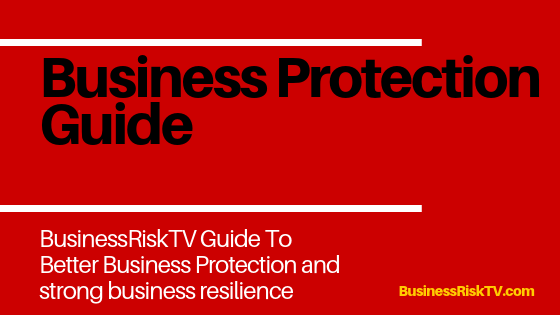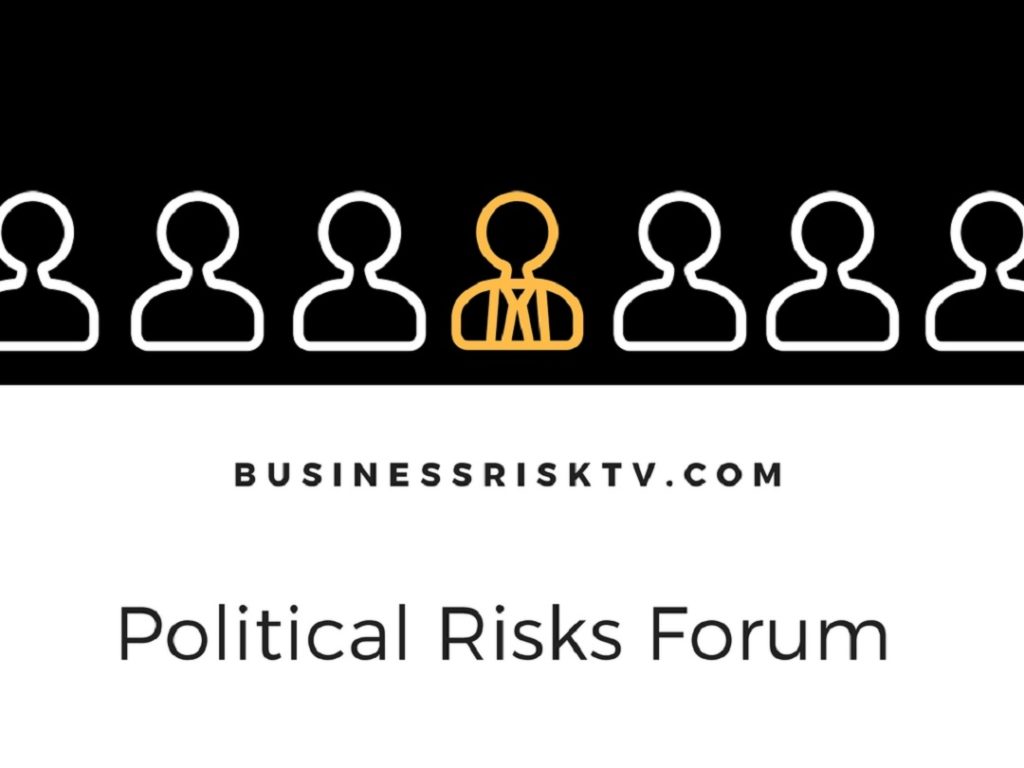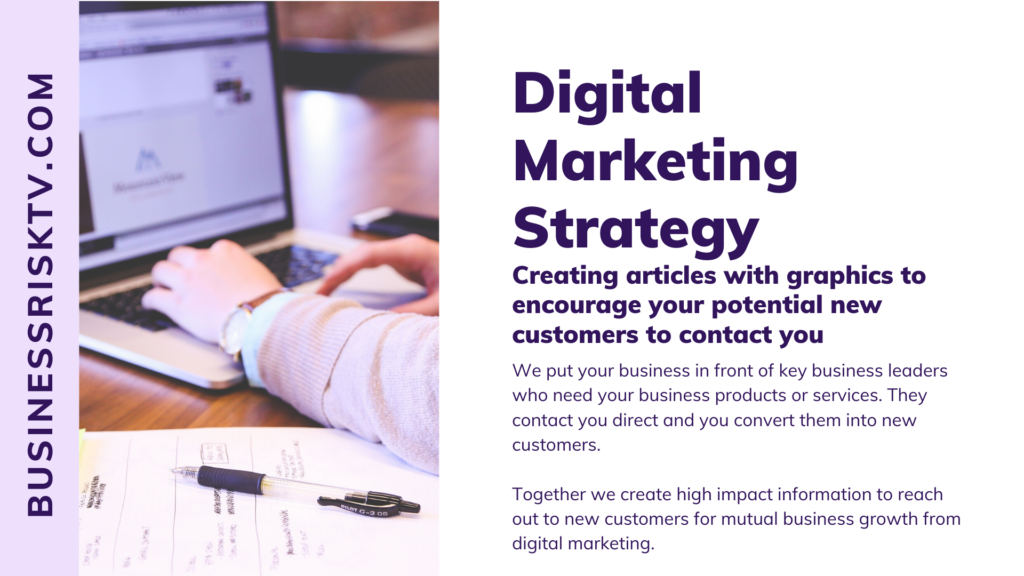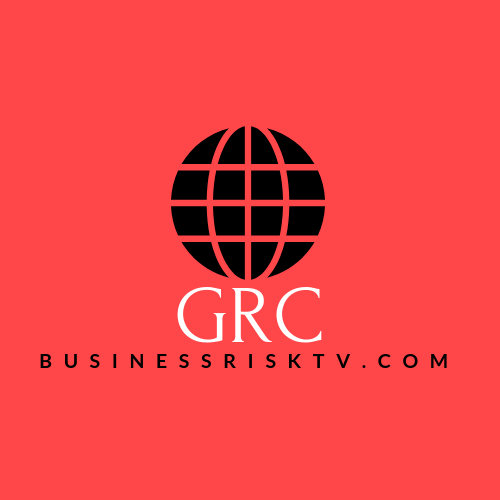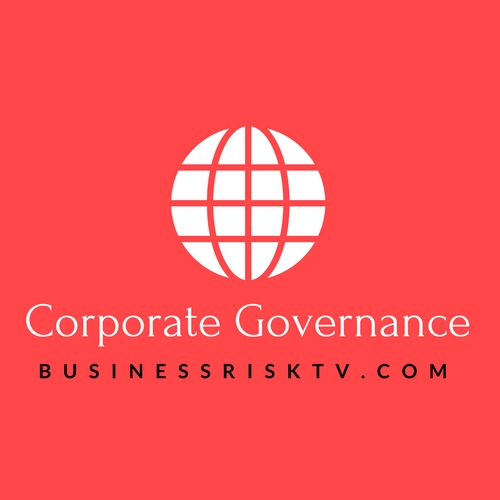Executive Responsibility Without Accountability: A Recipe for Corporate Disaster
In the intricate tapestry of corporate life, responsibility and accountability are two threads often intertwined, yet distinct in their texture and purpose. While both play crucial roles in risk management and effective governance, their absence or imbalance can unravel the fabric of a company, exposing it to a web of unforeseen dangers. This article delves into the perilous terrain where executive responsibility exists without its vital counterpart, accountability, and sheds light on how this chasm can amplify corporate risks. We’ll explore real-world examples of risk events where personal accountability was absent or limited, and analyse the consequences of such a void. Finally, we’ll propose actionable steps to bridge this gap and weave a robust framework of responsible and accountable leadership.
Accountable Executives: Guardians of Risk or Masters of Obfuscation?
Accountable executives, entrusted with the helm of their respective domains, are expected to not only assume responsibility for their actions and decisions but also be held accountable for the outcomes. This means owning up to successes and failures, proactively mitigating risks, and ensuring transparency in decision-making. Unfortunately, the reality often paints a murkier picture. The quest for power and performance, coupled with a culture of “shoot for the moon, even if you land on the stars,” can lead to an environment where responsibility is readily accepted, but accountability conveniently eludes grasp.
Read More : without a holistic approach to managing business risks resources can be inefficient and business performance can suffer. Here’s how to develop a more balanced risk management approach to high business performance that is sustainable.
The Allure of Responsibility without Accountability:
The allure of responsibility without accountability is intoxicating. It empowers executives to make bold decisions, take calculated risks, and drive innovation. Unfettered by the constraints of potential repercussions, they can operate with a sense of freedom, seemingly unshackled from the consequences of failure. This can be particularly appealing in high-pressure environments where exceeding targets is paramount. However, this very freedom can morph into a double-edged sword, paving the way for reckless behaviour and a cavalier attitude towards risk.
Case Studies in Corporate Mishap: When Accountability Went AWOL
To fully grasp the potential consequences of executive responsibility without accountability, let’s delve into some real-world examples:
1. The Enron Debacle: The infamous Enron scandal, where executives obfuscated financial losses through complex accounting schemes, stands as a stark reminder of the dangers of unchecked power. While responsibility for the company’s performance rested squarely on the shoulders of the executive team, the absence of robust accountability measures allowed them to manipulate financial statements and engage in fraudulent practices with impunity. The result? A colossal collapse, wiping out billions in shareholder value and leaving employees and stakeholders reeling.
2. The Volkswagen Emissions Scandal: The Volkswagen emissions scandal, where the automaker deliberately installed software to cheat on emission tests, is another case in point. While executives took responsibility for the incident after the truth was exposed, the lack of immediate accountability enabled the practice to continue for years, causing massive environmental damage and denting the company’s reputation.
3. The Boeing 737 MAX Groundings: The tragic grounding of the Boeing 737 MAX aircraft following two fatal crashes highlighted the potential dangers of prioritising short-term profits over safety. While the company acknowledged responsibility for the accidents, questions arose regarding the lack of accountability for the design flaws and pressure on engineers to prioritise speed over thoroughness.
These examples showcase the devastating consequences that can unfold when executive responsibility remains untethered to accountability. The absence of personal repercussions breeds complacency, encourages risk-taking, and ultimately, leads to catastrophic outcomes.
Weaving a Tapestry of Responsible and Accountable Leadership:
So, how can we bridge the chasm between responsibility and accountability, ensuring that executives are not just empowered to act, but also held responsible for their decisions? Here are some actionable steps:
- Clear and Transparent Reporting: Establish robust and transparent reporting mechanisms that provide a comprehensive picture of risks, decision-making processes, and performance metrics. This ensures that stakeholders are kept informed and red flags are readily identifiable.
- Independent Oversight: Create an independent oversight body, devoid of vested interests, to closely monitor executive actions and hold them accountable for adhering to ethical and risk-management guidelines.
- Culture of Integrity: Cultivate a corporate culture that values integrity and ethical conduct over short-term gains and individual glory. Encourage employees to speak up about potential risks and misconduct without fear of reprisal.
- Performance-Based Incentives: Implement performance-based incentive structures that reward responsible decision-making and risk mitigation, not just raw financial gains. This aligns individual goals with the long-term well-being of the company.
- Personal Consequence: Hold executives personally accountable for actions that lead to significant financial losses, reputational damage, or safety incidents. This sends a clear message that executive decisions carry real consequences, beyond mere apologies and resignations.
By weaving these threads into the tapestry of corporate governance, we can create an environment where responsibility is embraced and accountability serves as a sturdy anchor, guiding executives towards informed decisions and mitigating risks. This not only protects the company from potential disasters but also fosters a climate of trust and ethical behaviour, attracting investors, retaining talent, and ultimately, securing long-term success.
Get help to protect and grow your business
Subscribe for free business risk alerts and risk reviews
Read more business risk management articles
